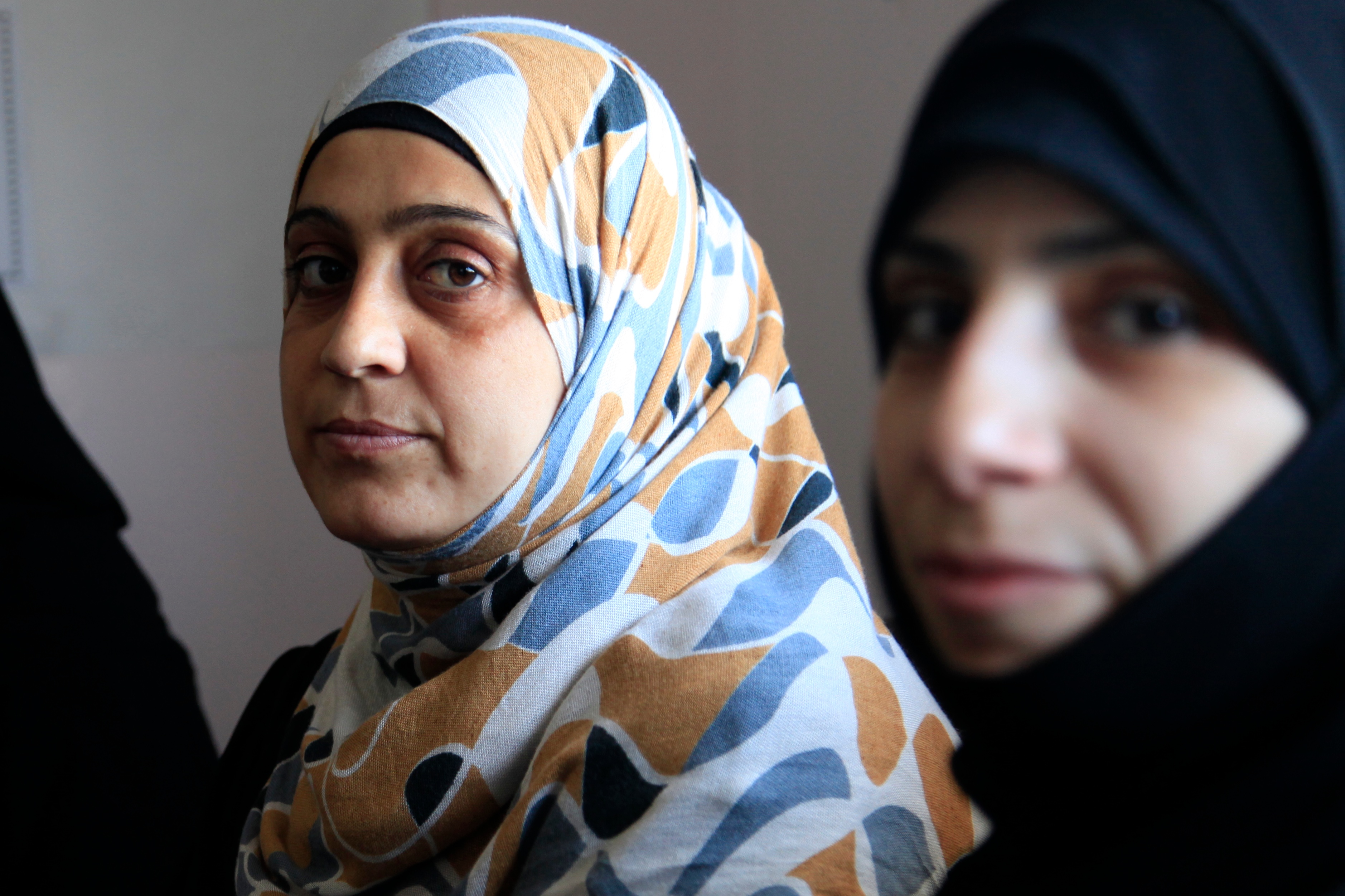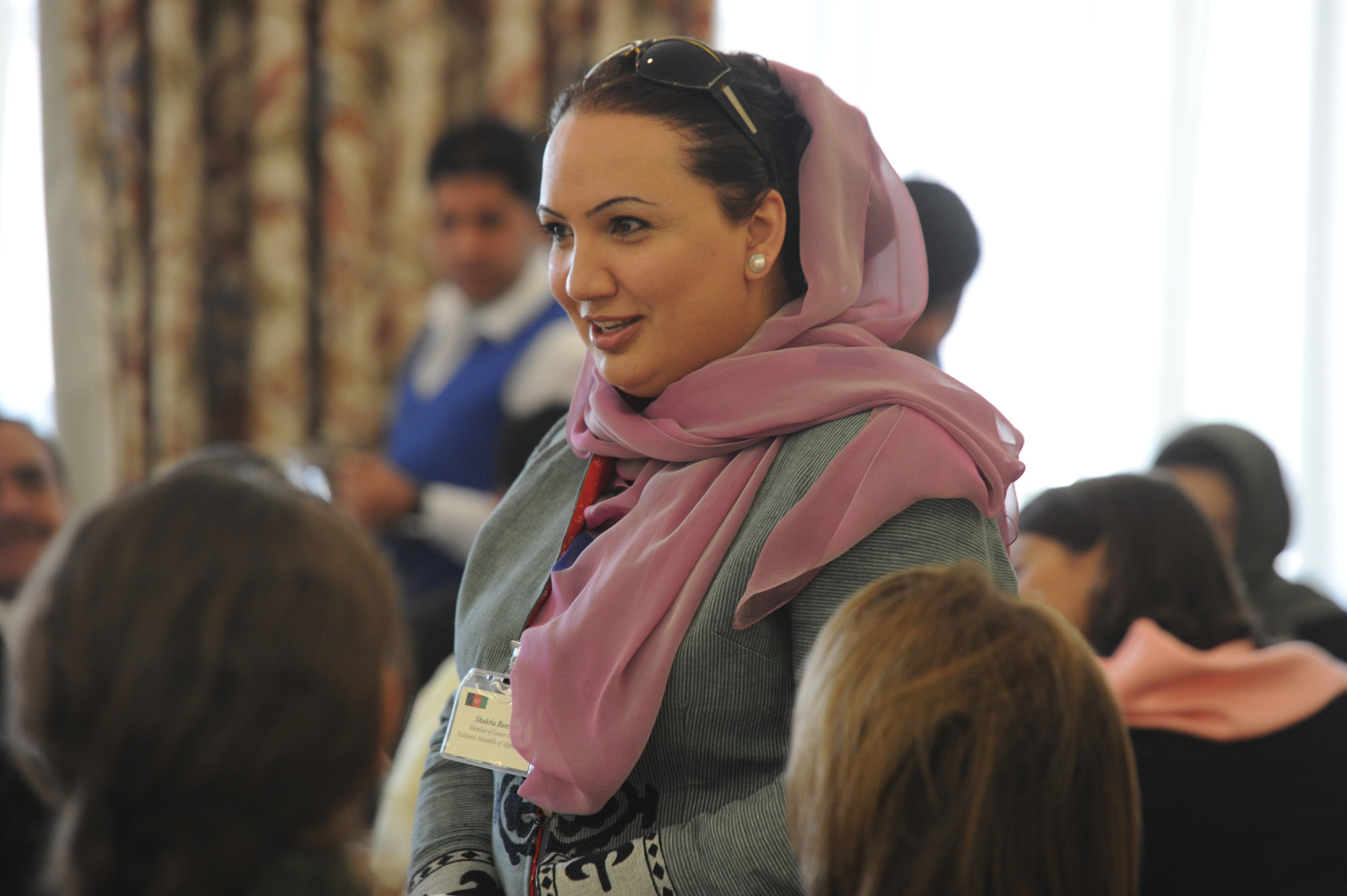As Syrian peace talks were suspended by the UN on February 3, 2016, it has become clear that, at the moment, there is more tension amongst the parties at the negotiating table than inclination to compromise. One could analyze the circumstances and positions of those participating to understand why, but getting political and community groups to Geneva for negotiation has been a complicated task in and of itself.
If one thing is clear, however, it is that Syrian women are still largely unrepresented at the negotiating table. This lack of involvement plaguing women in security matters all over the world has serious implications for Syrian civilians caught in the violence of the civil war.
The importance of women in peace has a lot to do with broadening perspectives. Women represent a number of things beyond their gender; they perceive the local issues that often get lost within military logistics and wartime violence. They are closer to other women, children, families and see the issues that affect these non-combatants the most, like refugee safety, food security, and cultural and sexual violence. Thus, failing to include women in peace talks means that the less visible conditions of war scarring communities even after peace is established may never be formally addressed.
Beyond these qualitative benefits, diplomats and political institutions in the international community have begun to recognize the quantitative importance of women in peace talks after a number of success stories. In Liberia, Christian and Muslim women united to bring parties to the peace negotiations that ended their civil war in 2003. In Sudan, women delegates strongly advocating for the safety and security provisions listed in the 2006 Darfur Peace Agreement. In Burundi, women were involved in alleviating over 5,000 local conflicts in 2015. Along one part of the Syrian-Lebanon border, women have been responsible for the ceasefire in Zabadani that has lasted since September 2015. A UN report even found that including women in peace processes increases the probability of a peace agreement lasting 15 years by 35 per cent.
If there is clear evidence that women can, and do, play a large role in initiating and maintaining peace discussions around the world, then why are we not seeing more women at the negotiating table? Perhaps part of the reason is because of the progress that has been made towards including women in the process so far.
Actions have been taken to bring women into the Syrian peace process. The UN explicitly referenced its commitment to “encouraging” women’s participation in the Syrian peace talks in resolution 2254. As part of that, on February 2, 2016, the UN Special Envoy for Syria announced the creation of the Syrian Women’s Advisory Board, a body of 12 women selected by Syrian women organizations who are supposed to represent Syrian civil society during the UN-led peace talks.
This is a good first step towards encouraging Syrian women. UN Women’s Executive Director Phumzile Mlambo-Ngcuka described the Advisory Board’s consultation-focused nature, with the participating women having the ability to “raise matters missing from the agenda, provide options, form consensus positions and make recommendations to assist peace talks…” Additionally, these women are being trained by Northern Ireland’s Good Friday Agreement negotiator Monica McWilliams in the art of negotiating with diplomats in Geneva, meaning the skills they garner during the Syria peace talks can be utilized for the maintenance of peace once a peace agreement has been reached.
That being said, there is a difference between advising and directly negotiating. With women facing the same trials of living in war and with clear evidence that women make serious contributions to peace itself, it is surprising that women are still being given a ‘side-show’ status. Even reaching this point has taken a good amount of work on the part of advocates in Geneva; McWilliams admitted “what [female delegates in Geneva] are desperate for is to get some recognition of the fact that it is really important that these [Syrian and other] women who have suffered so much are included now in these big negotiations.”
As seen through the UN’s reports and initiatives, women have gained recognition as peace mediators. While that is a good start, we have to ask ourselves this: at what point are we going to be ready to implement actions that utilize that recognition to its full force?
The Syrian peace talks are set to resume on February 25. With more time for each party to prepare for negotiations, Syrian political groups and international institutions need to make the effort to bring more Syrian women directly to the negotiating table. If anybody is serious about making a lasting peace for all Syrians, it is time to go beyond concessionary awards and actually seat women at the negotiating table.




